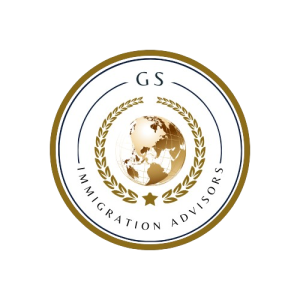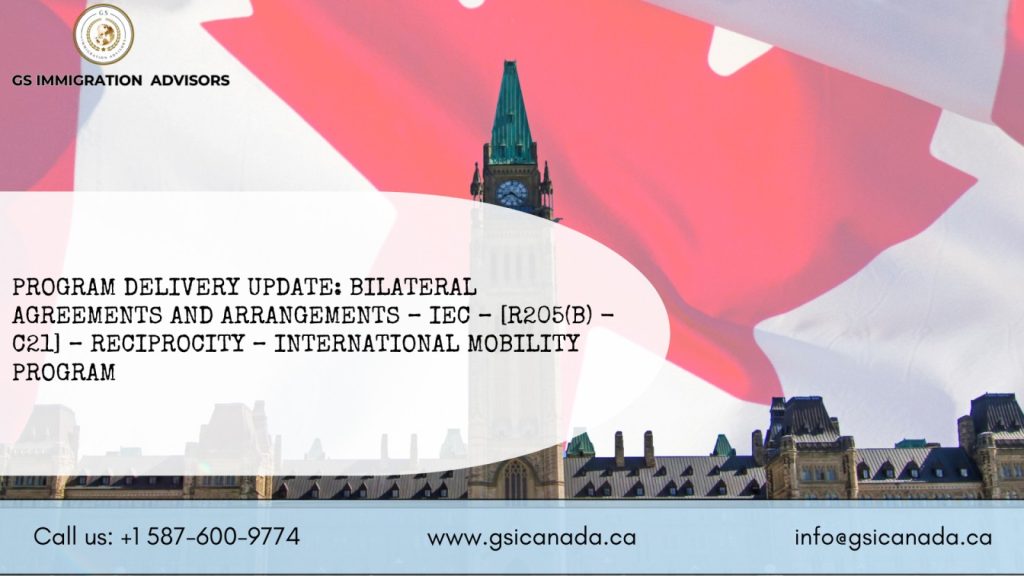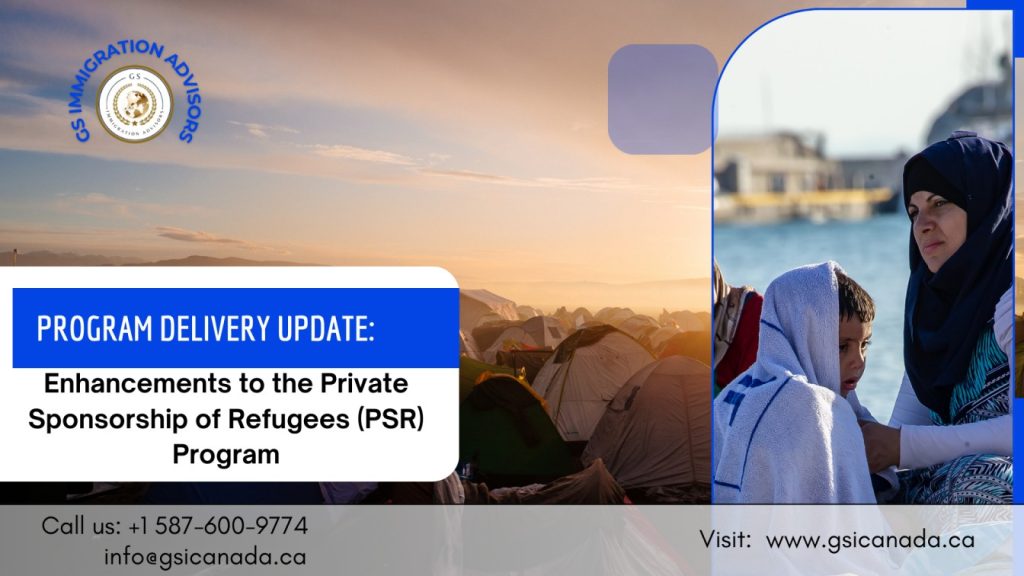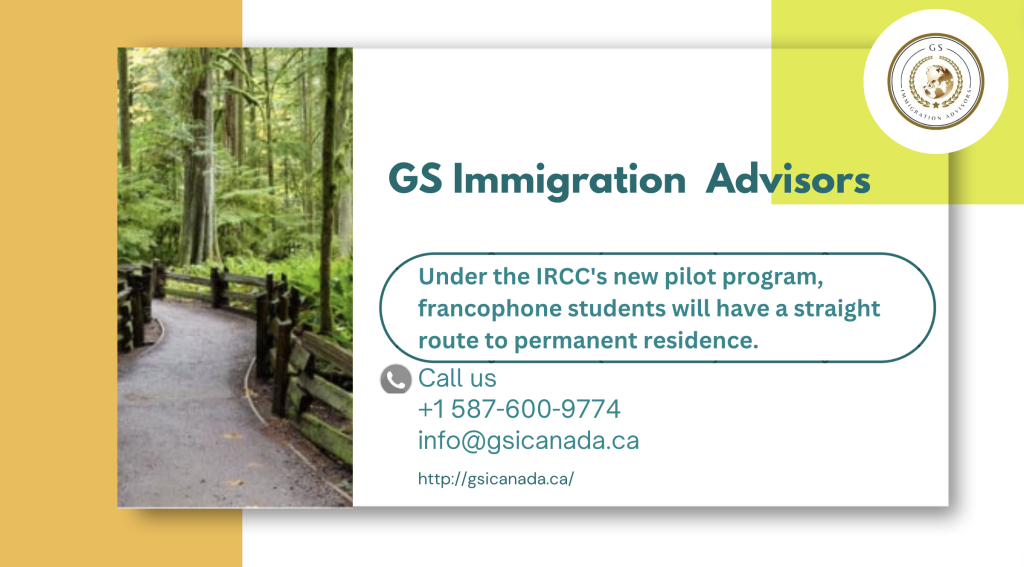Program Delivery Update: Bilateral Agreements and Arrangements – IEC – [R205(b) – C21] – Reciprocity – International Mobility Program
The International Mobility Program (IMP) continues to evolve as part of Canada’s ongoing efforts to foster international cooperation and reciprocal opportunities for work experience. A recent update highlights the role of bilateral agreements and arrangements under the International Experience Canada (IEC) program, specifically addressing work permit issuance under R205(b) – C21, a significant component of the program. Discover if You Are Eligible for Canadian Immigration This blog explores the key updates, their implications, and what they mean for applicants and employers in Canada. Understanding R205(b) – C21: Reciprocity in Work Permits The International Mobility Program allows Canada to issue work permits without requiring a Labour Market Impact Assessment (LMIA) in certain cases. One such category under R205(b) – C21 promotes reciprocity, allowing foreign nationals to gain work experience in Canada if their home country offers similar opportunities for Canadians. This provision primarily supports the goals of the IEC, a program facilitating young individuals from partner countries to travel and work in Canada while providing reciprocal opportunities for Canadian youth. What Are Bilateral Agreements and Arrangements? Bilateral agreements under the IEC are formal arrangements between Canada and other countries that outline reciprocal work and travel opportunities for young people. These agreements encourage cultural exchange, skill development, and mutual understanding by offering: Work Holidays: Short-term work and travel opportunities. Young Professional Programs: Skill-based jobs aligned with applicants’ career goals. International Co-op Placements: Internships tied to an academic program. Such agreements ensure a fair and balanced exchange, where both parties (Canada and partner countries) benefit from the mobility opportunities. Key Updates in Program Delivery The recent updates focus on improving clarity and efficiency in program delivery under the R205(b) category. Here’s what’s new: Enhanced Reciprocity Mechanisms: Greater emphasis on ensuring that partner countries offer equal opportunities to Canadians. For instance, if a foreign country increases caps or modifies eligibility criteria for Canadian participants, reciprocal adjustments may occur in Canada’s program. Streamlined Application Processing: Improvements in processing times and documentation requirements aim to facilitate smoother application experiences for foreign nationals under bilateral agreements. Expanded Participation Opportunities: Updates may include additional countries in the IEC program or expanded quotas for existing partners, broadening access for eligible participants. Closer Monitoring of Agreements: Enhanced oversight ensures participating countries adhere to reciprocal commitments, maintaining the integrity of the program. Benefits for Applicants Foreign nationals participating under R205(b) – C21 can expect several benefits: •LMIA Exemption: Avoid the lengthy and costly LMIA process. •Work Flexibility: Gain diverse work experience in Canada. •Cultural Exchange: Immerse in Canadian culture while contributing to its workforce. •Career Growth: Build a global resume that benefits future career opportunities. Implications for Canadian Employers For Canadian employers, these updates provide access to a larger, skilled workforce from around the world, without the administrative burden of an LMIA. However, employers must ensure their hiring aligns with the conditions of the IMP and the IEC program. Conclusion The updates to bilateral agreements and arrangements under the International Experience Canada (IEC) program reaffirm Canada’s commitment to fostering international mobility and cultural exchange. By enhancing the R205(b) – C21 category, the International Mobility Program strengthens global partnerships while benefiting both foreign nationals and Canadians. For applicants and employers, understanding these updates is crucial for leveraging the opportunities offered by the program. If you’re considering applying under the IEC or hiring through the International Mobility Program, stay informed about these changes to maximize your success. Need Help?For more details on eligibility, application requirements, or hiring processes, visit the official Government of Canada website or consult an immigration expert. Discover if You Are Eligible for Canadian Immigration




